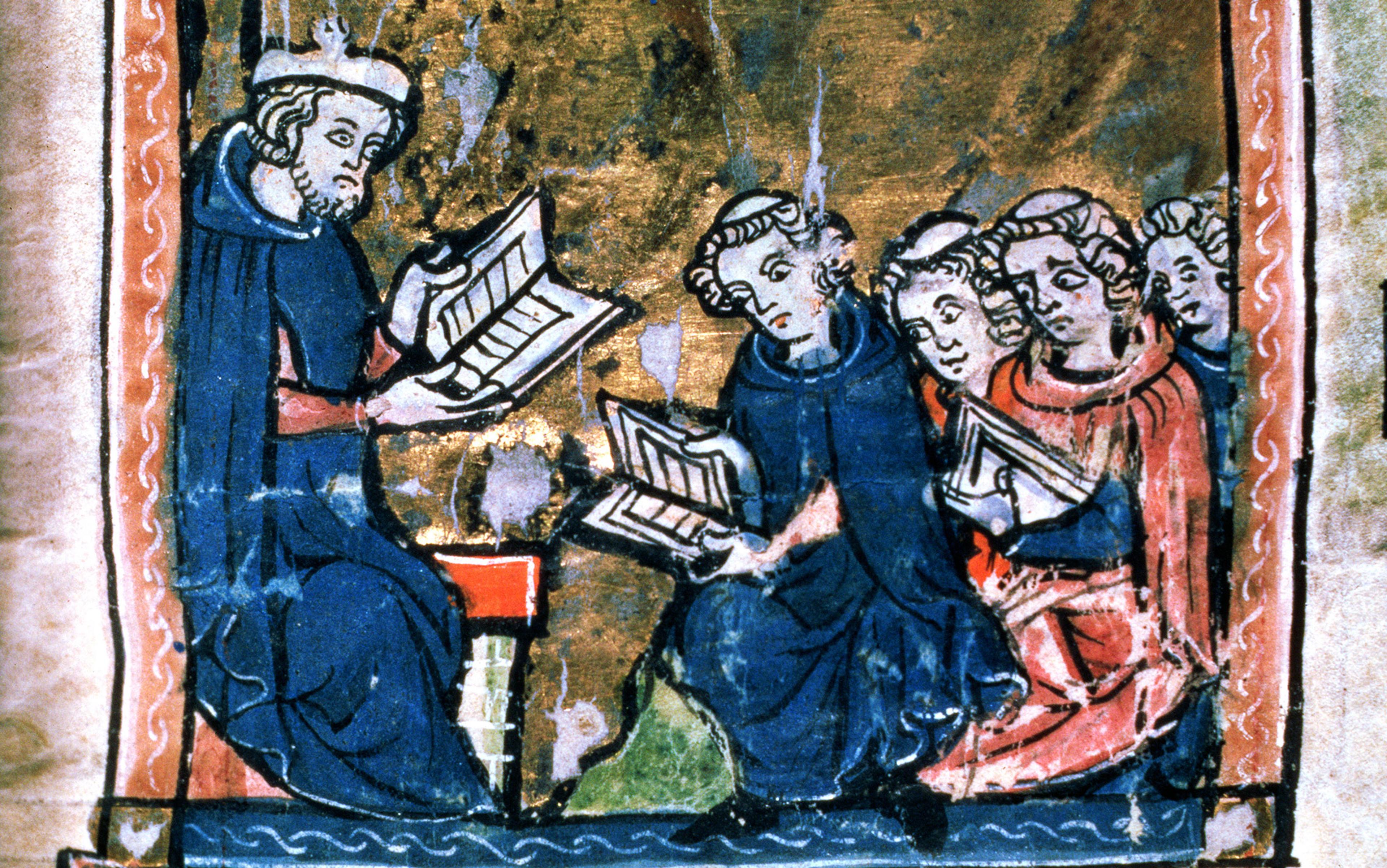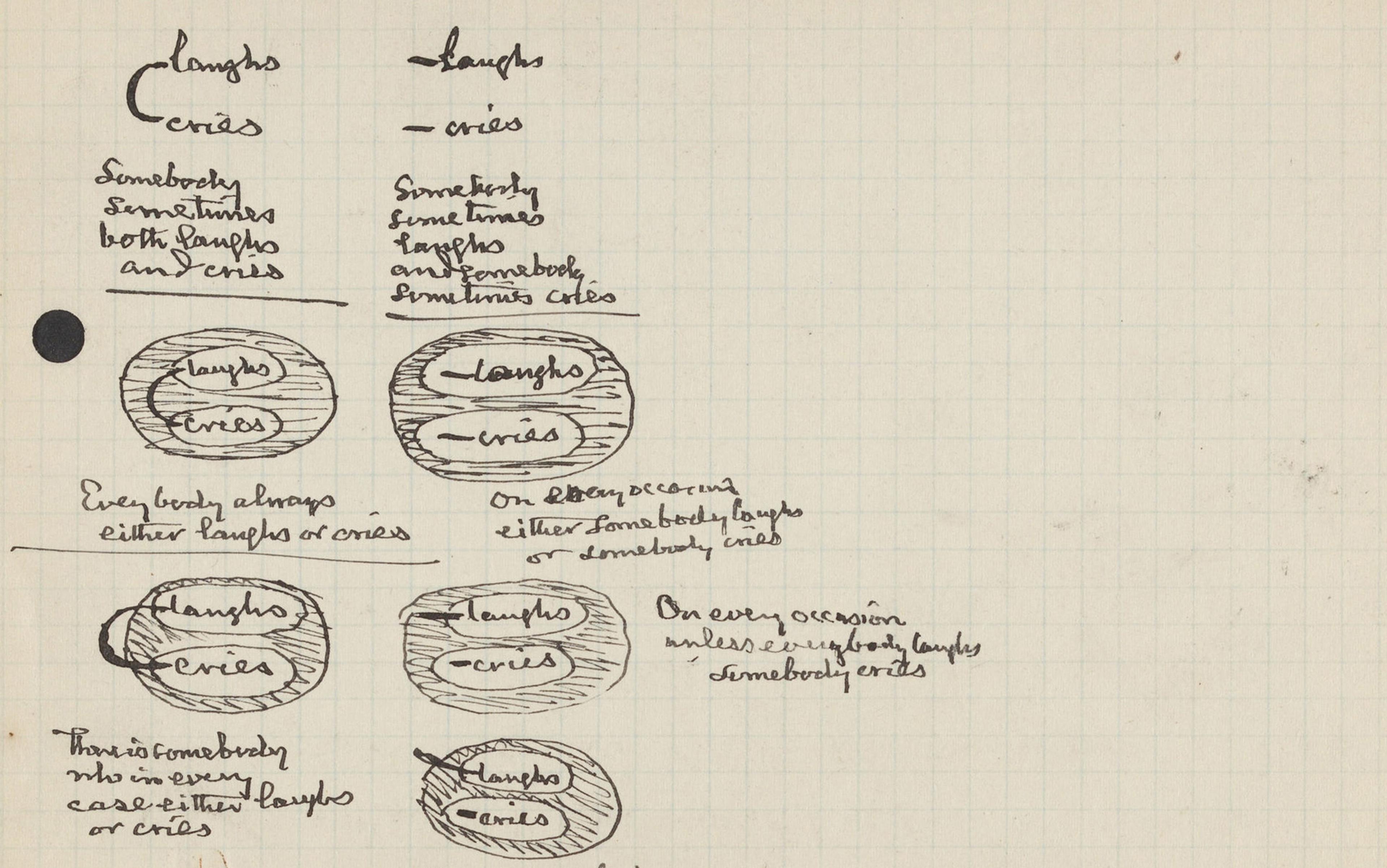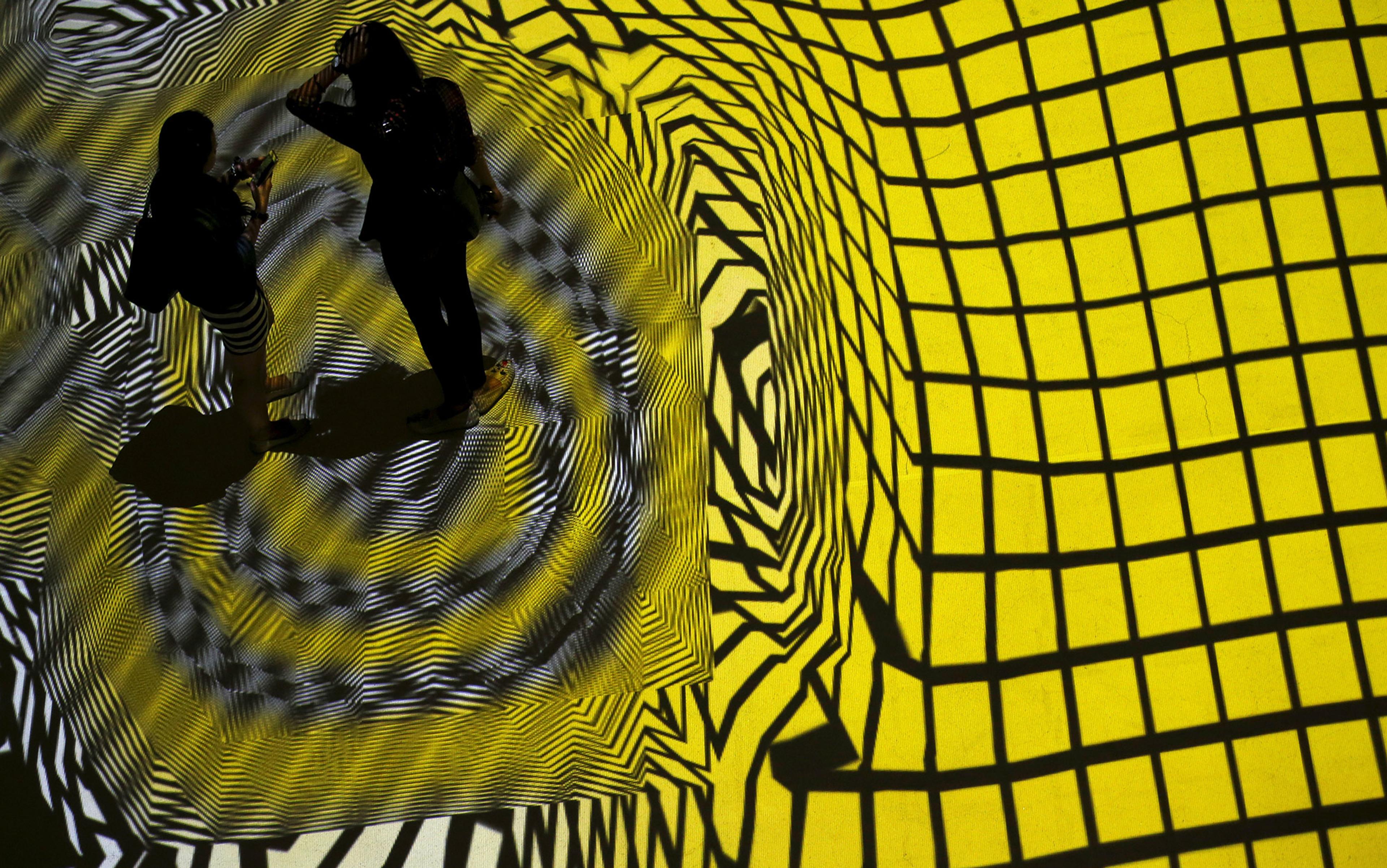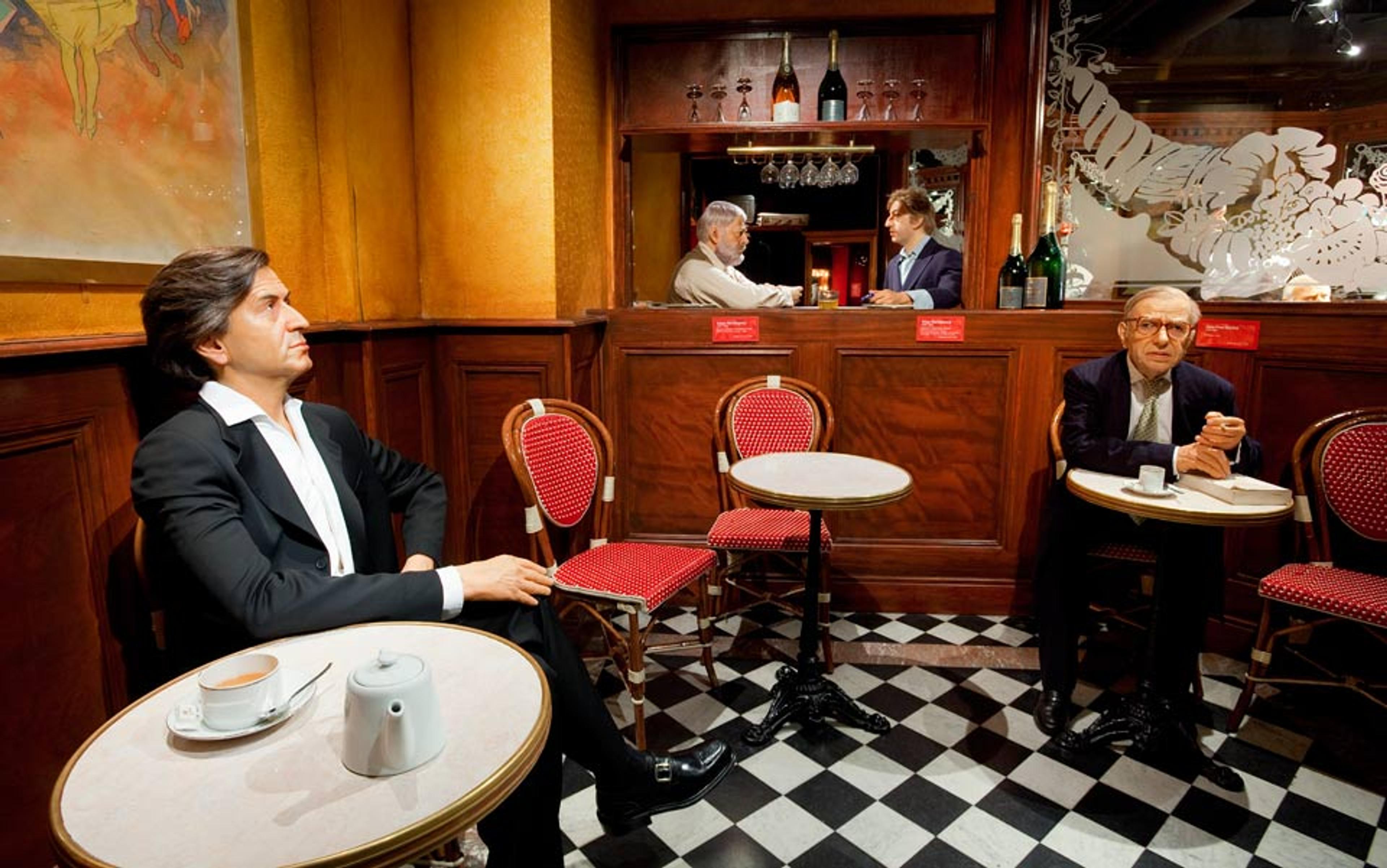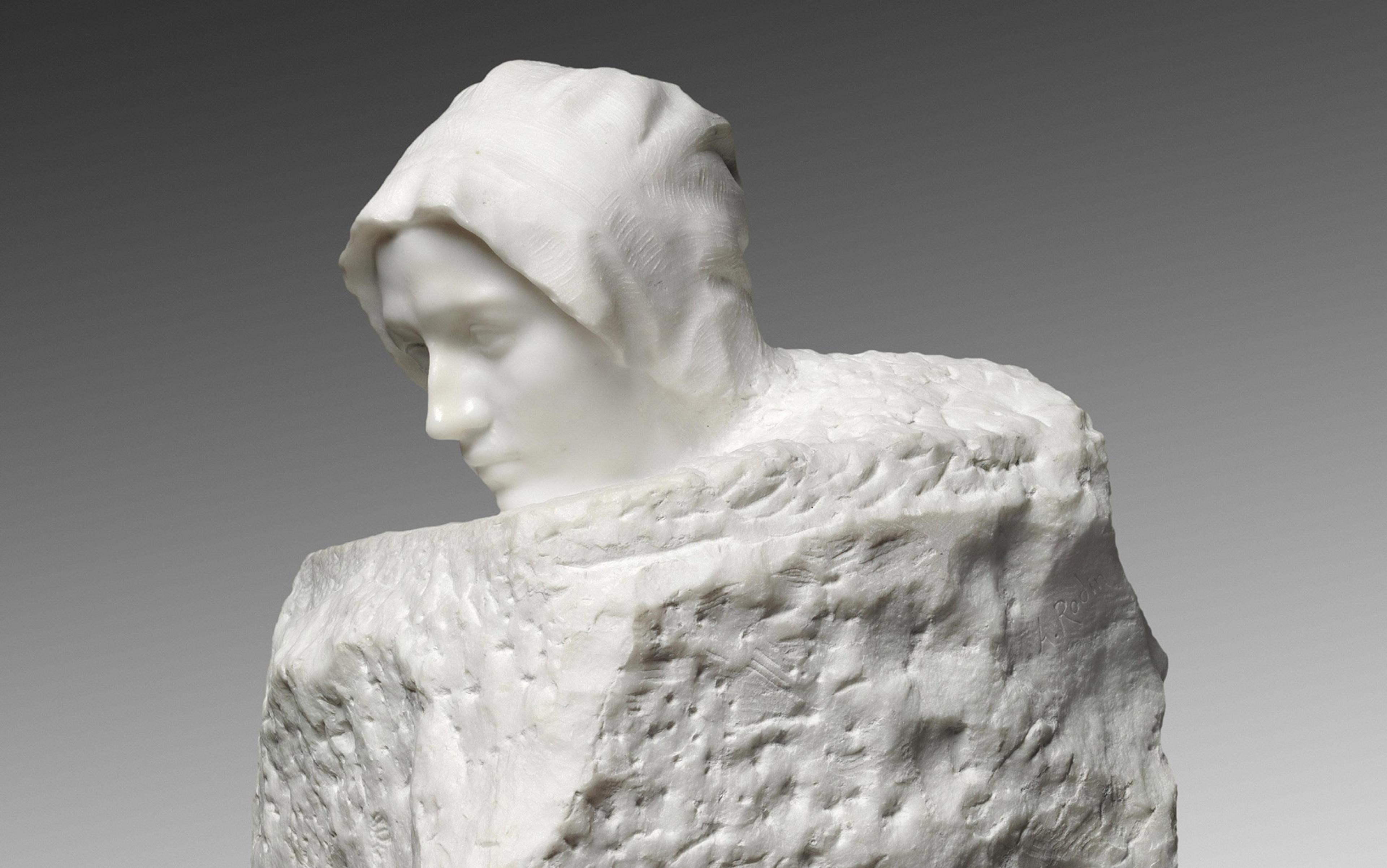The history of logic should be of interest to anyone with aspirations to thinking that is correct, or at least reasonable. This story illustrates different approaches to intellectual enquiry and human cognition more generally. Reflecting on the history of logic forces us to reflect on what it means to be a reasonable cognitive agent, to think properly. Is it to engage in discussions with others? Is it to think for ourselves? Is it to perform calculations?
In the Critique of Pure Reason (1781), Immanuel Kant stated that no progress in logic had been made since Aristotle. He therefore concludes that the logic of his time had reached the point of completion. There was no more work to be done. Two hundred years later, after the astonishing developments in the 19th and 20th centuries, with the mathematisation of logic at the hands of thinkers such as George Boole, Gottlob Frege, Bertrand Russell, Alfred Tarski and Kurt Gödel, it’s clear that Kant was dead wrong. But he was also wrong in thinking that there had been no progress since Aristotle up to his time. According to A History of Formal Logic (1961) by the distinguished J M Bocheński, the golden periods for logic were the ancient Greek period, the medieval scholastic period, and the mathematical period of the 19th and 20th centuries. (Throughout this piece, the focus is on the logical traditions that emerged against the background of ancient Greek logic. So Indian and Chinese logic are not included, but medieval Arabic logic is.)
Why did Kant disregard the scholastic tradition? And, more generally, what explains the ‘decline’ of logic after the scholastic period? Though in the modern era logic remained an important part of the educational curriculum, there were no fundamental innovations to speak of (with the important exception of some developments in the 17th century, by Gottfried Wilhelm Leibniz). In fact, much of the scholastic achievement got lost, and the logic taught in this period (the one Kant was referring to) was for the most part rudimentary. To be sure, the decline of scholastic logic didn’t happen at once, and in some regions (eg, Spain) innovative work in the scholastic tradition continued to emerge well into the 16th century. However, generally speaking, scholastic logic became less and less prominent after the end of the Middle Ages, except for educational purposes at universities (but again, in watered-down versions).
There were many causes of the decline of scholastic logic. Perhaps the most famous was the damning criticism by Renaissance authors such as Lorenzo Valla. These thinkers deplored the lack of applicability of scholastic logic. Valla, for example, saw syllogisms – arguments composed of two premises and one conclusion, all of which are of the form ‘Some/All/No A is (not) B’, whose premises necessitate the truth of the conclusion – as an artificial type of reasoning, useless for orators on account of being too far removed from natural ways of speaking and arguing. They harshly criticised the ugly, cumbersome, artificial and overly technical Latin of scholastic authors, and defended a return to the classical Latin of Cicero and Vergil. For the most part, these critics did not belong to the university system, where scholasticism was still the norm in the 15th century. Instead, they tended to be civil servants, and were thus involved in politics, administration and civic life in general. They were much more interested in rhetoric and persuasion than in logic and demonstration.
Another reason logic gradually lost its prominence in the modern period was the abandonment of predominantly dialectical modes of intellectual enquiry. A passage by René Descartes – yes, the fellow who built a whole philosophical system while sitting on his own by the fireplace in a dressing gown – represents this shift in a particularly poignant way. Speaking of how the education of a young pupil should proceed, in Principles of Philosophy (1644) he writes:
After that, he should study logic. I do not mean the logic of the Schools, for this is strictly speaking nothing but a dialectic which teaches ways of expounding to others what one already knows or even of holding forth without judgment about things one does not know. Such logic corrupts good sense rather than increasing it. I mean instead the kind of logic which teaches us to direct our reason with a view to discovering the truths of which we are ignorant.
Descartes hits the nail on the head when he claims that the logic of the Schools (scholastic logic) is not really a logic of discovery. Its chief purpose is justification and exposition, which makes sense particularly against the background of dialectical practices, where interlocutors explain and debate what they themselves already know. Indeed, for much of the history of logic, both in ancient Greece and in the Latin medieval tradition, ‘dialectic’ and ‘logic’ were taken to be synonymous.
Up to Descartes’s time, the chief application of logical theories was to teach students to perform well in debates and disputations, and to theorise on the logical properties of what follows from what, insofar as this is an essential component of such argumentative practices. It’s true that not everyone conceived of logic in this way: Thomas Aquinas, for example, held that logic is about ‘second intentions’, roughly what we call second-order concepts, or concepts of concepts. But as late as in the 16th century, the Spanish theologian Domingo de Soto could write with confidence that ‘dialectic is the art or science of disputing’.
The tight connection between traditional logic and debating practices dates back to the classical Hellenistic period. Intellectual activity then was quintessentially a dialogical affair, as registered in Plato’s dialogues. In these dialogues, Socrates regularly engages in the practice of refutation (elenchus), which consists in an exchange of questions and answers in which interlocutors would be led to grant the opposite of what they stated at the beginning, on the basis of their answers along the way. And two of Aristotle’s logical texts, the Topics and the Sophistical Refutations, are explicitly about dialectical practices and contain a regimentation of these practices by way of an abstract description of their structural features.
The Prior Analytics, the most abstract of Aristotle’s logical texts, is filled with dialectical vocabulary and references to debating practices. For example, he examines the matter of finding the right premises for the conclusion one wants to establish – a sort of ‘reverse engineering’. The techniques discussed are particularly useful in debating. If an arguer wants to convince her interlocutors of proposition P, she searches for other propositions which imply P, and which the interlocutors are likely to grant. Having granted T and Q, which together imply P, the interlocutor is then compelled to agree with P. Clearly, as Descartes would later bemoan, this is an approach best suited to argue with and convince others, not for the discovery of new truths.
The prominence of dialectic continued through late antiquity. By the Latin medieval period, the focus on debating became even more pronounced when it was institutionalised with the emergence of what is known as ‘scholastic disputation’. Scholastic disputation is a formalised, rigorous procedure of debate, based on fairly strict rules. It was inspired by ancient Greek argumentation methods, and was further developed in the monasteries of the early Middle Ages (perhaps surprisingly, given their reputation for the contemplative life). It reached its pinnacle in the 12th century with the birth and expansion of universities, where it became a primary teaching method, alongside textual commentary. And the influence of disputations went well beyond universities, expanding towards multiple spheres of cultural life. Disputations were one of the main approaches for intellectual enquiry in medieval Europe.
A disputation starts with a statement, and then goes on to examine arguments in favour and against the statement. This procedure is reminiscent of the game of questions and answers described by Aristotle in the Topics, where the initial statement can be read as a question: ‘X, yes or no?’ It is essentially a dialogical practice in that it features two parties disagreeing on a given statement and producing arguments to defend their respective positions, even if both roles can be played by one and the same person. The goal might be simply that of convincing your interlocutor or the audience, but the implication is typically that something deeper is achieved, such as coming closer to truth on the matter in question by means of examining it from many different angles.
Medieval intellectuals engaged in ‘live’ disputations both privately, between a master and a student, and as grand public events attended by the university community at large. But the general structure is also used extensively in some of the most prominent writings by medieval authors (some of which are in fact written-up versions of disputations that actually took place, known as reportatio). Logical textbooks provided the required training to excel in the art of disputation, with chapters on fallacies, on consequence, on the logical structure and meaning of propositions, and on obligationes (a highly stylised disputation), all of which are directly relevant for the art of disputation (though some are also applicable to other ends, such as textual interpretation and commentary).This widespread presence of disputations and related genres has been described as ‘the institutionalisation of conflict’.
The downfall of the disputational culture roughly coincided with the introduction of new printing techniques in Europe
Disputations were chiefly tied to the university culture of the later Middle Ages. Tellingly, in the passage above, Descartes speaks of the ‘logic of the Schools’, therefore criticising a whole approach to education based on disputations and their underlying logic. Renaissance thinkers criticised scholasticism for its lack of engagement in issues that really mattered for society at large, and prioritised the orator over the scholastic debater as the ideal intellectual. The excessive formalism of scholastic disputations came to be vilified and mocked, for example in Molière’s play Le Malade imaginaire (1673) or The Imaginary Invalid, where the pedantic and rather foolish Thomas Diafoirus resorts to disputational vocabulary to make a point about love:
Distinguo, Mademoiselle; in all that does not concern the possession of the loved one, concedo, I grant it; but in what does regard that possession, nego, I deny it.
The fall of disputational culture wasn’t the only cause for the demise of scholastic logic, however. Scholastic logic was also viewed – rightly or wrongly – as being tied to broadly Aristotelian conceptions of language and metaphysics, which themselves fell out of favour in the dawn of the modern era with the rise of a new scientific paradigm. Despite all this, disputations continued to be practised in certain university contexts for some time – indeed, they live on in the ceremonial character of PhD defences. The point, though, is that there was a dramatic break in philosophical style in the early modern period: compare a great text of medieval thought, Summa Theologica (1265-1274) by Thomas Aquinas, which is thoroughly disputational, with Meditations on First Philosophy (1641) by Descartes, a book argued through long paragraphs driven by the first-person singular. The nature of intellectual enquiry shifted with the downfall of disputation.
It is also not happenstance that the downfall of the disputational culture roughly coincided with the introduction of new printing techniques in Europe by Johannes Gutenberg, around 1440. Before that, books were a rare commodity, and education was conducted almost exclusively by means of oral contact between masters and pupils in the form of expository lectures in which textbooks were read out loud, disputations of various kinds, examinations. By the time of Descartes roughly two centuries later, the idea that a person could educate themselves on their own by means of books (which would have been virtually unthinkable before the wide availability of printed books) was well-established.
Moreover, as indicated by the passage from Descartes above, the very term ‘logic’ came to be used for something other than what the scholastics had meant. Instead, early modern authors emphasise the role of novelty and individual discovery, as exemplified by the influential textbook Port-Royal Logic (1662), essentially, the logical version of Cartesianism, based on Descartes’s conception of mental operations and the primacy of thought over language. However, from the perspective of the 21st century, medieval scholastic logic is perhaps more deserving of the title ‘logic’ than the work done under this heading in the early modern period, given that it comes closer to the level of rigour and formal sophistication that came to be associated with logic from the late 19th century onwards.
In the modern period, a number of philosophers came to see the nature of logic in terms of the faculties of mind. To be sure, this is again a theme present in medieval scholastic thought (in the work of the 14th-century author Pierre d’Ailly, for example), but in the early modern period it became the dominant view. This leads us back to Kant, for whom logic pertained above all to the structure of thought as such and the operations of the mind, such as in his interpretation of Aristotelian categories. For Kant, quintessential logical concepts such as drawing an inference from premises to conclusion are associated to internal operations of the mind rather than to moves in an argumentative situation.
While Kant’s views on logic remained influential, in the 19th century logic took yet a different turn, this time towards mathematics. With The Mathematical Analysis of Logic (1847), Boole, a highly innovative English mathematician, inaugurated a whole new research programme. This approach had antecedents in the 17th century, especially but not exclusively with Leibniz. (Thomas Hobbes also held that all thinking was a matter of calculation.) However, Boole appears to have been largely unaware of these earlier developments, as most of his early education was self-taught, including advanced mathematics.
Boole developed a method to ‘calculate’ whether an argument was correct or not, in stark contrast with the catalogue-based approach of traditional logic. Boole’s work launched what is known as the algebra of logic tradition, and pushed forward the idea of using mathematical symbolism in connection with logic. Boole was responding to a growing interest in logic among mathematicians, and he mostly remained Kantian in his thought, but his work undoubtedly represents a turning point in the history of logic: it kicks off the mathematical period singled out by Bocheński as one of the most prolific periods in the history of logic.
The other towering figure in 19th-century logic is Frege. A professor of mathematics in the German town of Jena, for the first years of his career he worked on standard mathematical topics such as geometry and analysis, but eventually developed philosophical interests despite having no formal philosophical training. While Boole (whom Frege harshly criticised) used mathematics to analyse logic (syllogisms), Frege’s project was to use logic to analyse mathematics. More specifically, Frege wanted to provide mathematics with purely logical foundations, an effort that became known as the logicist programme. He intended to derive all truths of arithmetic from purely logical principles (axioms), using only logical rules. To this end, however, Frege had to ‘mathematise’ logic so as to make it suitable for the logicist programme, in particular by taking the mathematical notion of function as the main conceptual building block of his system. Explicitly inspired by the 17th-century tradition of artificial languages (Leibniz’s work in particular), Frege devised an entirely new notation for his system, which he called ‘concept-script’ (or Begriffsschrift). In the preface to his book Begriffsschrift (1879), he offers an illuminating description of the motivations for introducing this new language:
My initial step was to attempt to reduce the concept of ordering in a sequence to that of logical consequence, so as to proceed from there to the concept of number. To prevent anything intuitive from penetrating here unnoticed, I had to bend every effort to keep the chain of inferences free of gaps. In attempting to comply with this requirement in the strictest possible way, I found the inadequacy of language to be an obstacle; no matter how unwieldy the expressions I was ready to accept, I was less and less able, as the relations became more and more complex, to attain the precision that my purpose required. This deficiency led me to the idea of the present concept-script. Its first purpose, therefore, is to provide us with the most reliable test of the validity of a chain of inferences and to point out every presupposition that tries to sneak in unnoticed, so that its origin can be investigated.
The idea that ordinary language is expressively inadequate to account for mathematical (or even logical) reasoning became a recurring theme in the ensuing tradition of mathematical logic, so much so that the term ‘symbolic logic’ became synonymous with this tradition. Doing logic came to mean simply working with special symbols, not with ordinary words. In this respect, it is worth noting that the humanist authors had criticised the Latin of scholastic logicians precisely as ‘too artificial’, and even the Greek language that Aristotle relies on for syllogistic logic is regimented and removed from ordinary ways of speaking at the time. In a sense, perhaps a certain degree of ‘artificiality’ is at the core of logic throughout history, as it operates at levels of abstraction that are at odds with ordinary language usage.
Frege was not the only one working on the foundations of mathematics with logical tools. Indeed, by the end of the 19th century there were many significant projects of axiomatising portions of mathematics led by distinguished mathematicians such as Richard Dedekind, Giuseppe Peano, Oswald Veblen and David Hilbert. But Frege was the first to realise that not only the axioms could be expressed in logical terms – the rules of inference themselves leading from axioms to further truths also required a rigorous treatment.
The history of logic leads us to question the individualistic conception of knowledge and of our cognitive lives we inherited from Descartes
Unfortunately, Frege’s impressive theoretical cathedral lay on shaky grounds, as revealed by Russell with the discovery of the paradox that bears his name. Frege’s logicist system allows for the existence of a collection that both does and does not belong to itself – contradiction! (An intuitive rendition of the key idea in Russell’s paradox is the so-called barber paradox: imagine a barber who shaves all those, and those only, who do not shave themselves. The question is, does the barber shave himself? If he does, then he doesn’t; if he doesn’t, then he does.) It was with the goal of recovering and further developing the logicist programme that Russell and his collaborator Alfred North Whitehead went on to develop the monumental (and somewhat messy) system presented in their Principia Mathematica (1910). Essentially, all major developments in logic in the 20th century are premised, directly or indirectly, on the existence of Principia Mathematica.
To return to Bocheński’s characterisation of the three grand periods in the history of logic, two of them, the ancient period and the medieval scholastic period, were closely connected to the idea that the primary application of logic is for practices of debating such as dialectical disputations. The third of them, in contrast, exemplifies an entirely different rationale for logic, namely as a foundational branch of mathematics, not in any way connected to the ordinary languages in which debates are typically conducted. The hiatus between the second and third periods can be explained by the fall from grace of scholastic disputations, and more generally by the fall of Aristotelianism as a wide-ranging worldview.
However, traces of logic’s dialogical origins persist in recent developments, which means that taking the dialogical or dialectical perspective into account is essential to come to a thorough understanding of the nature of logic even in its more recent, mathematical instantiations – also because mathematics itself is very much a dialogical affair. The history of logic also leads us to question the overly individualistic conception of knowledge and of our cognitive lives that we inherited from Descartes and others, and perhaps to move towards a greater appreciation for the essentially social nature of human cognition.
